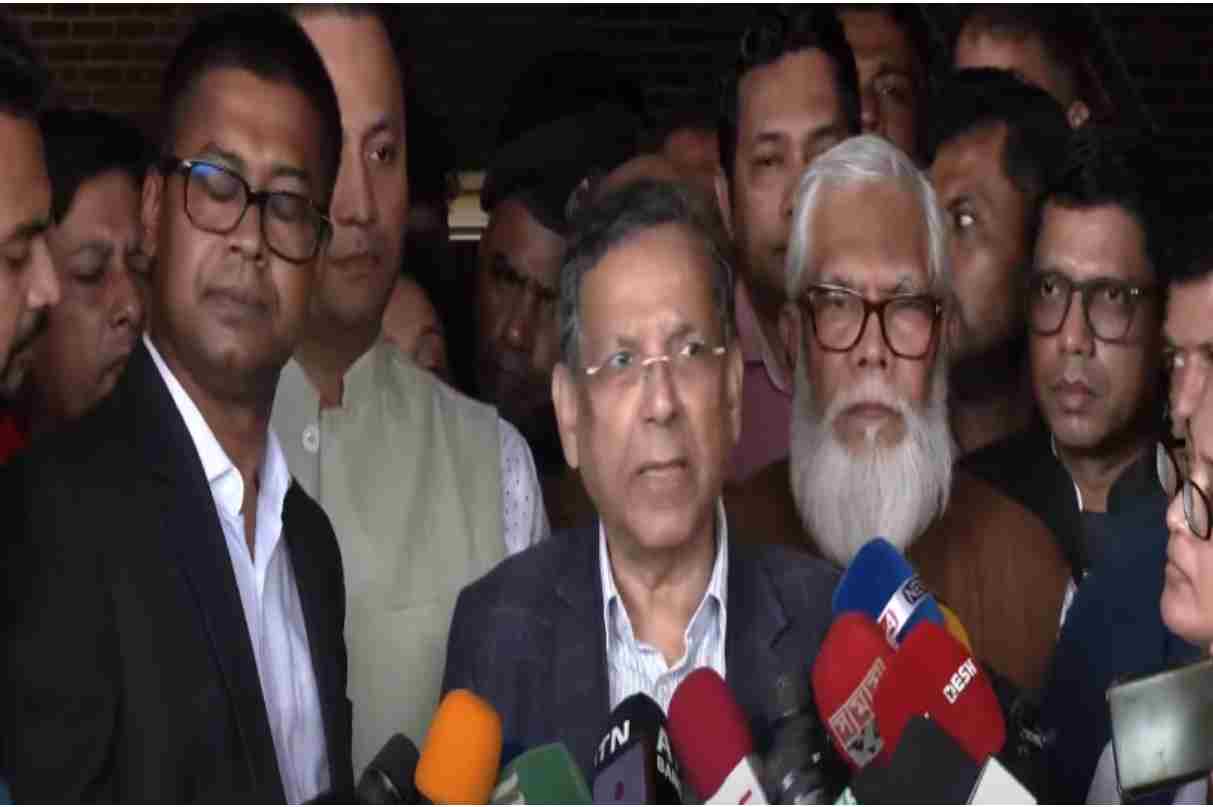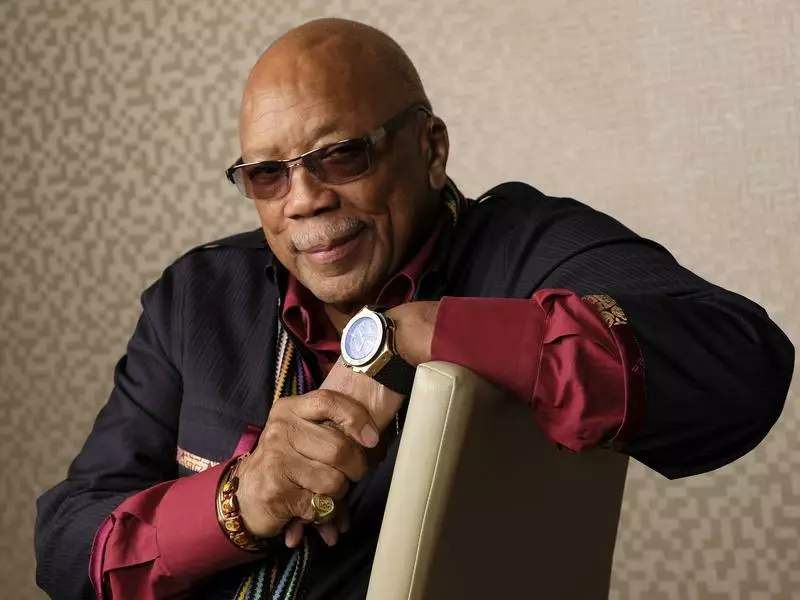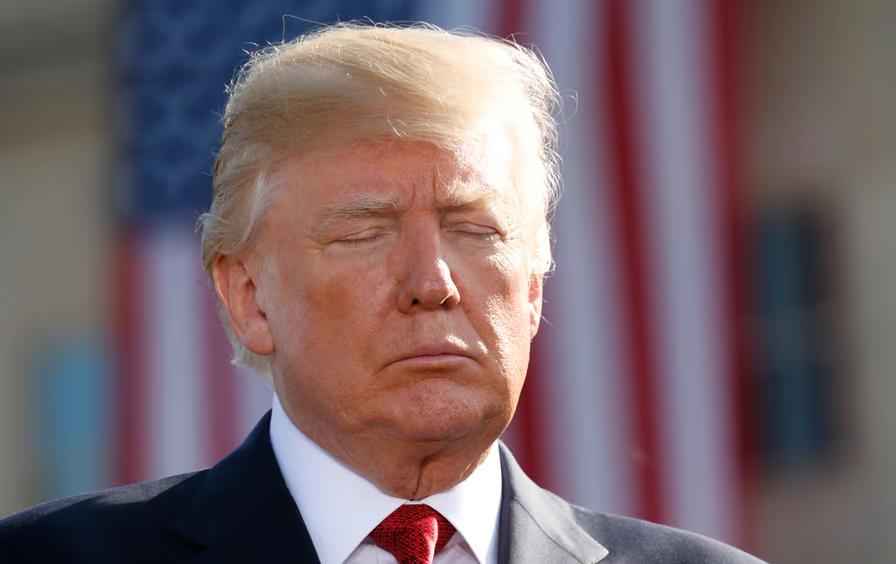Government Ready to Negotiate, High Court Hearing Moved Forward
Jul 18, 2024 / GMT+6
Bangladesh government has expressed its willingness to engage in discussions, and two ministers have been assigned to handle the talks. Once the protesting students agree to meet, the meeting will be scheduled.
More topics for you...This topic continues below.
China reports record $1.2 trillion trade surplus for 2025, defying Trump's tariffs.
Earlier, the anti-discrimination student movement said that the quota reform movement was still open.
Law Minister Anisul Haque said that the Prime Minister has tasked him and the Education Minister to hold talks with the students. He said, whenever students sit, we sit with them. Even if we sit today, we will sit.
Two ministers, including Education Minister Mahibul Hasan Chowdhury, have been assigned to handle the discussions. The meeting will take place once the protesting students agree to meet.
Additionally, a judicial investigation committee, led by High Court Judge Khondkar Diliruzzaman, has been formed to probe the incidents related to the quota reform movement.
The Appellate Division is also scheduled to hear the quota reform case on August 7, and the government plans to request an earlier hearing date.
As of now, there hasn’t been a specific public response from the students regarding the government’s willingness to negotiate on the quota reform issue in Bangladesh.
Negotiations can be complex, and the outcome often depends on various factors, including the students’ demands, the government’s stance, and the overall climate of the protests. It’s essential for both parties to approach the negotiation with an open mind and a willingness to find common ground







